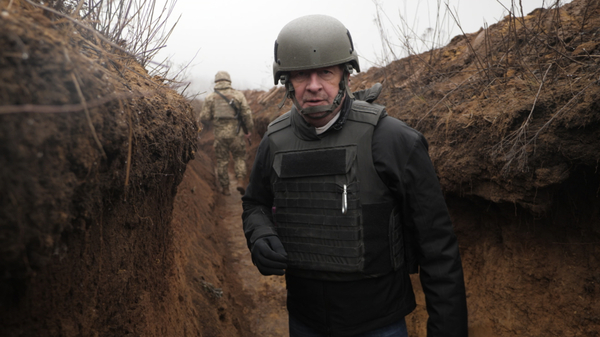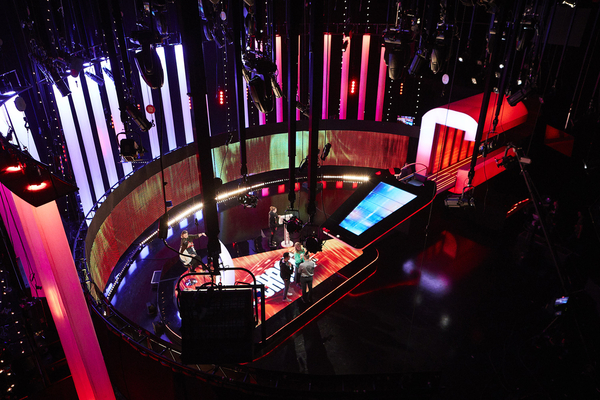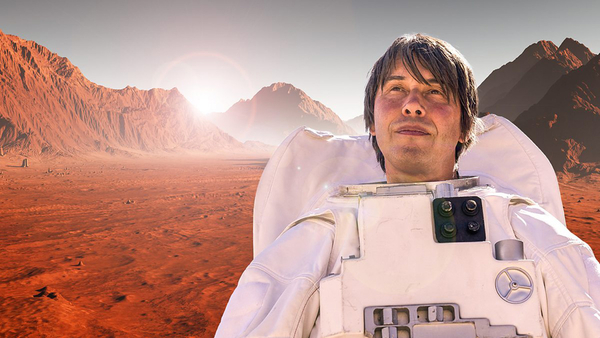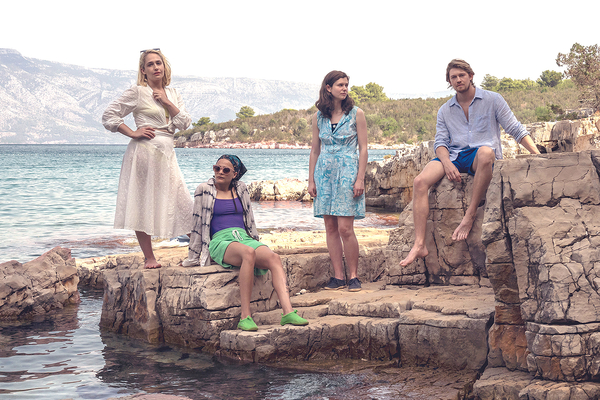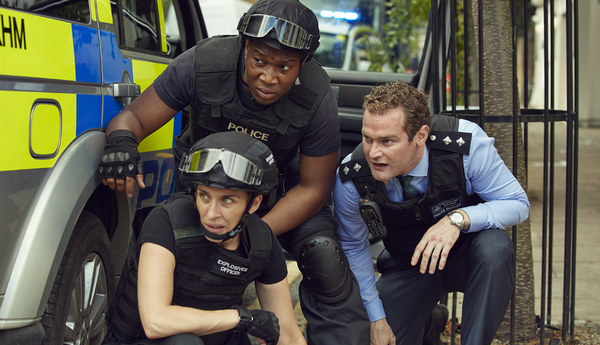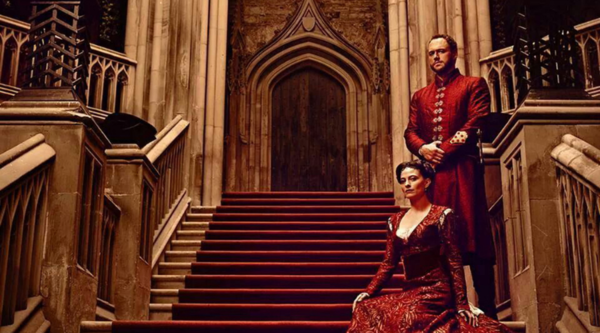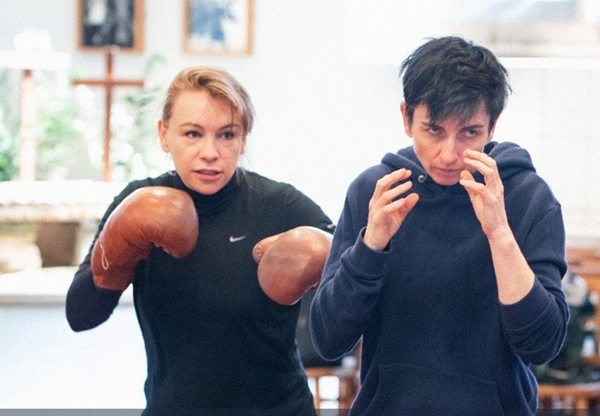Working Lives: Chief correspondent
What does the job involve?
A mix of covering breaking large events – a lot of which in recent years have been wars – and self-starter pieces. As a team, we do long-form stories, too. The withdrawal of British forces from Afghanistan was not just a news story for us, it also became an hour-long programme.
Why is it important?

